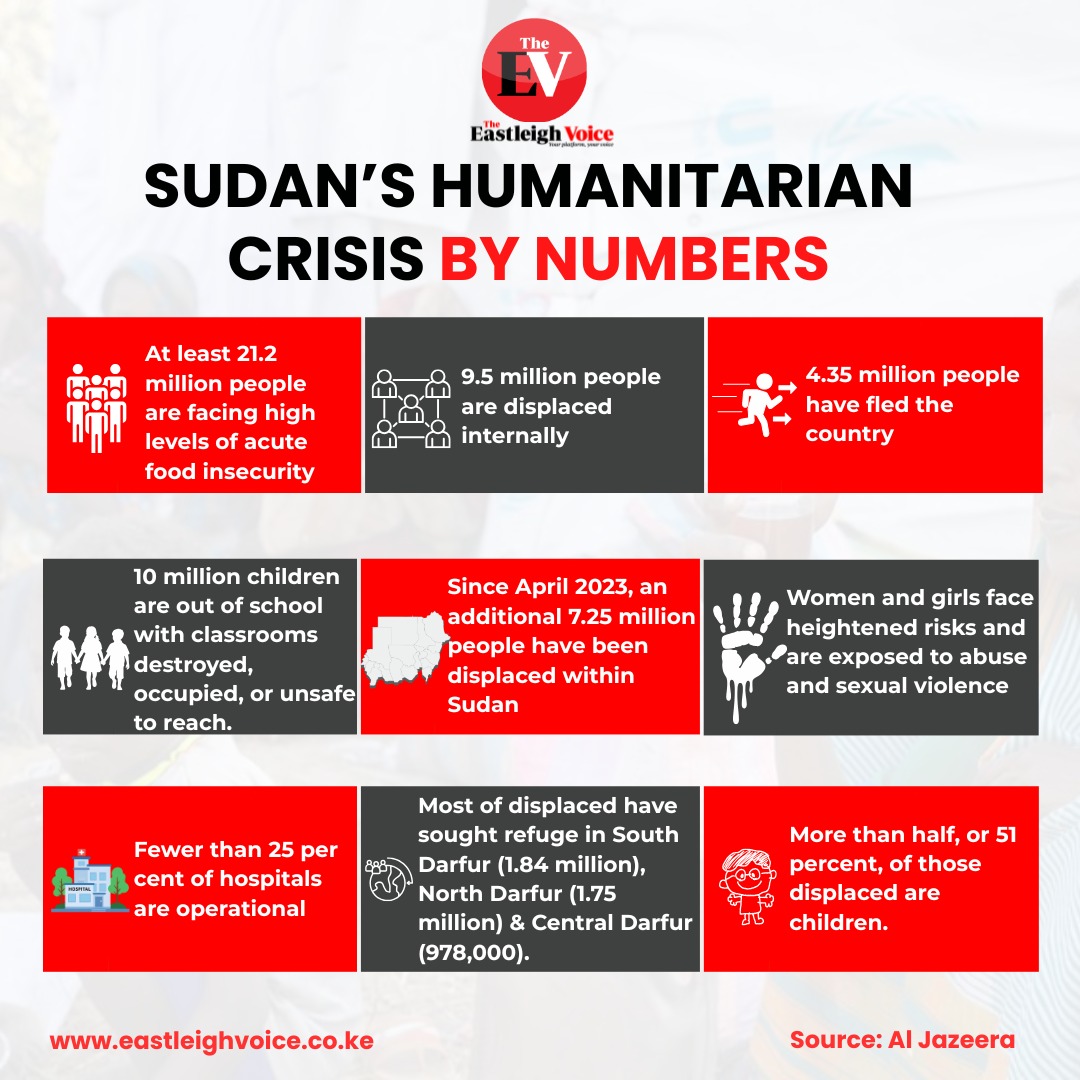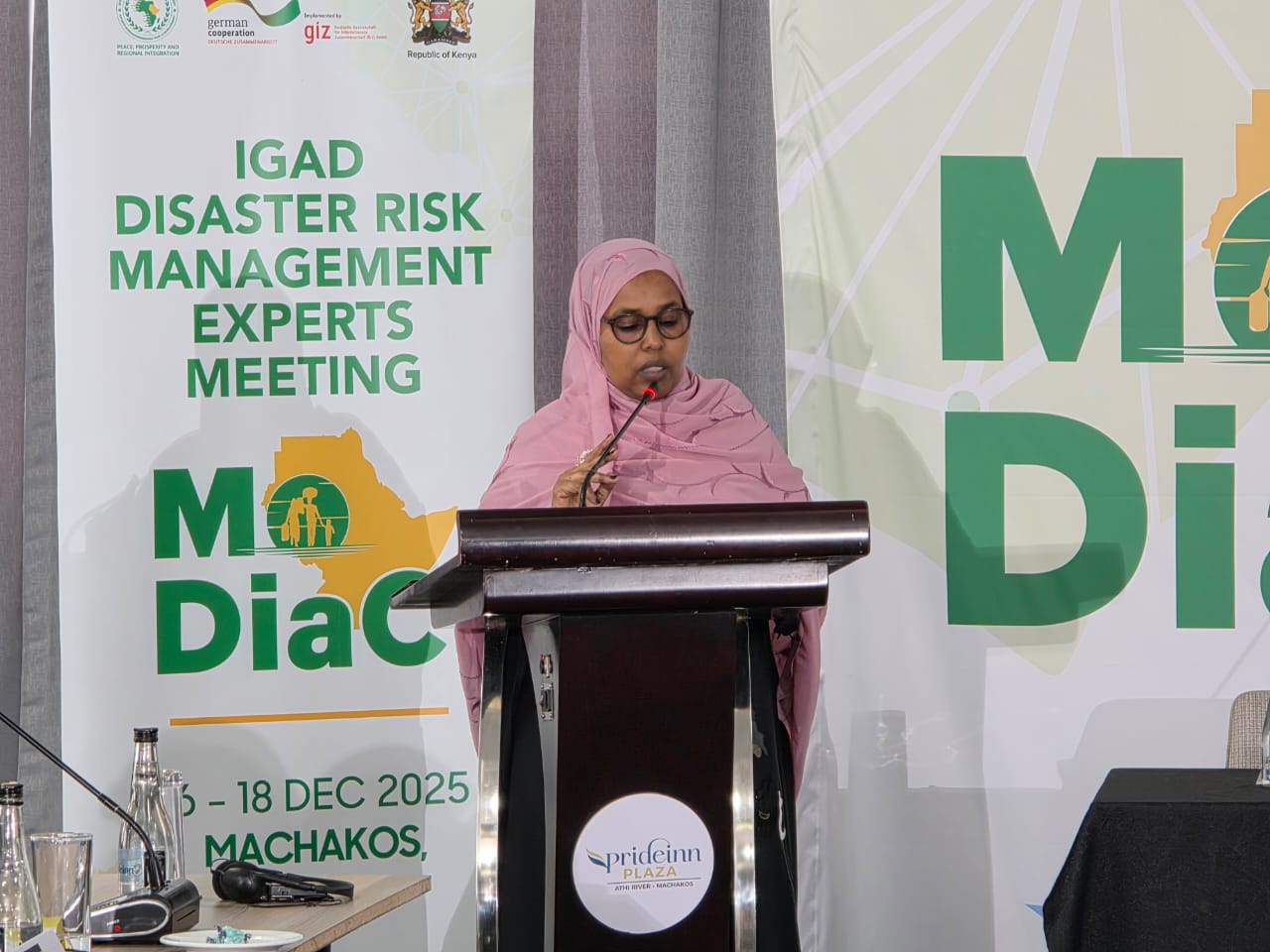Amnesty blasts Kenya's Saudi envoy over dismissal of migrant abuse report

In a statement on Monday, Amnesty expressed shock at Ruwange's utterances, made in a Facebook post on May 17, in which he dismissed the findings of the report as "exaggerated" and "unverified."
Human rights group, Amnesty International, has criticised Kenya's Ambassador to Saudi Arabia, Mohammed Ruwange, over his response to its recent report detailing abuse and exploitation faced by Kenyan domestic workers in the Gulf nation.
The report, published on May 12, documents the experiences of 72 Kenyan women working in Saudi households, many of whom reported physical abuse, forced confinement and non-payment of wages at the hands of their employers.
More To Read
- Gulf region paves the way to become digital data hub
- Rights group calls for nationwide Sudan arms ban amid deadly attacks
- Embassy begins emergency travel certificate registration for stranded Kenyans in Saudi Arabia
- Senators summon Mudavadi over harassment, detention and deaths of Kenyans abroad
- Amnesty report shows at least 128 killed, 3,000 arrested in 2024–2025 Gen Z protests
- Amnesty exposes state-backed harassment network during Kenya’s 2024–2025 Gen Z protests
In a statement on Monday, Amnesty expressed shock at Ruwange's utterances, made in a Facebook post on May 17, in which he dismissed the findings of the report as "exaggerated" and "unverified."
"The Kenyan Ambassador's statement alleges that our in-depth documentation of 72 domestic workers is not an accurate reflection of the reality for Kenyan migrant workers in Saudi Arabia," the statement signed by Amnesty International Section Director, Irungu Houghton, reads in part.
"Characterising these testimonies as 'exaggerated' or 'unverified' not only undermines these women's experiences, but it also contributes to the very cycle of silencing and invisibility that enables abuse to persist."
According to Irungu, the Government of Kenya has a responsibility not to dismiss these accounts, but to respond to them with the seriousness they warrant.
"While our report acknowledged the limited reforms Saudi Arabia has introduced for migrant workers, it highlighted that domestic workers are excluded from many of these," Amnesty said.
"Furthermore, those reforms that do apply are woefully inadequate to address the severity of the abuses Kenyan women are facing there. We do seek more honesty in the treatment of this matter of public interest.
Additionally, Amnesty urged Labour Cabinet Secretary (CS) Alfred Mutua to follow up his initial response with a more detailed and constructive engagement with the findings and recommendations outlined in the report.
In light of the report's findings, Amnesty International urged the Kenyan government to take immediate action, including the publication of the most recent bilateral labour agreement between Kenya and Saudi Arabia and a detailed account of steps taken to enforce it.
The group further recommended that Kenya ratify key international treaties, including the International Convention on the Protection of the Rights of All Migrant Workers and Members of Their Families, and ILO Convention 189 on Domestic Workers.
"We also call on the National Assembly and Senate to demand the bilateral agreement between Saudi Arabia and Kenya be made available for parliamentary and public scrutiny and the Government end the abuses that continue with impunity," the human rights body said.
"Instead of downplaying the experiences of Kenyan women, the Kenyan government must demonstrate that they are acting to improve living and working conditions for Kenyan migrant workers to ensure their right to safe and dignified work."
Top Stories Today












































